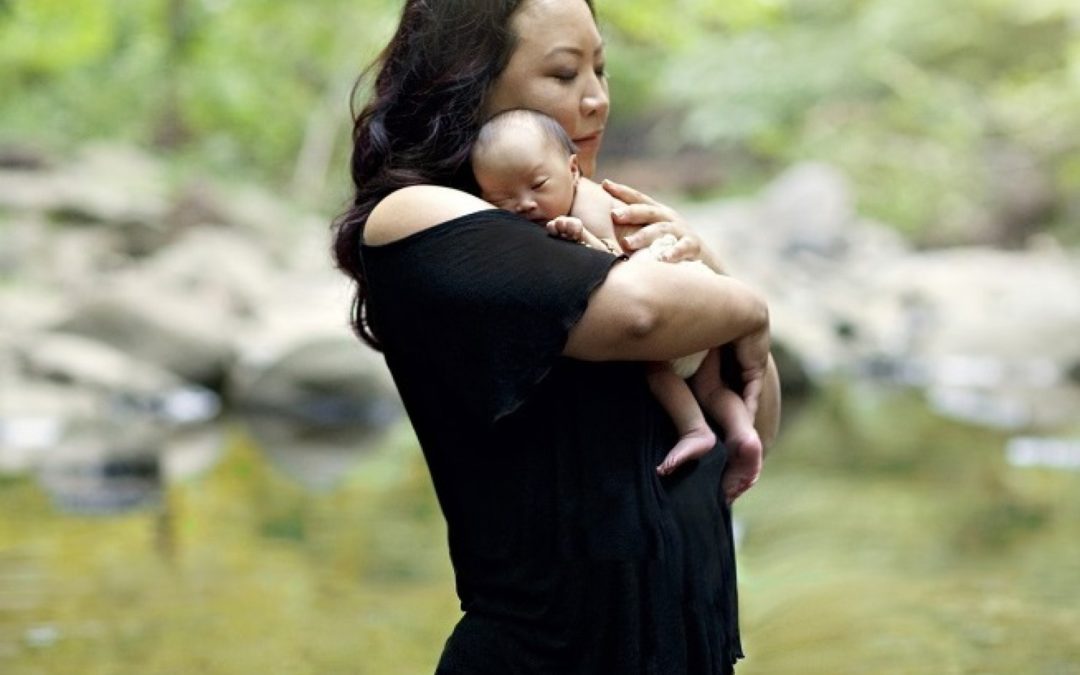The Washington Post Health and Science section from January discussed the Chinese practice of zuo yue zi. This refers to the tradition of resting for a month after you have a baby. The Chinese believe this improves healing and replenishment of your blood stores after delivery. The article was written by an American born Chinese woman who decided to honor this practice after having her fourth baby. She also tried to research the true pros and cons of sitting the month to see if the Chinese had found the real secret to improved postpartum outcomes in their mothers.
The true definition of being postpartum has a large range from 4-6 weeks up to one year.
Having a 11 month old son myself, at times I still feel postpartum, so there is no easy answer to say when you have fully healed from delivering a baby. We can all agree the immediate needs of a woman’s body after you have a baby are immense. From the acute reaction to delivery that includes shivering, bleeding, hormonal changes, physical trauma to our cervix and uterus and then being expected to take a small new human home with you is a daunting task.
The author, Leslie explored a more lenient zuo yue zi herself and had a generous aunt deliver a month of healing Chinese meals to her family. The strict Chinese practice of zuo yue zi suggests no showering, surfing the internet, not ingesting cold food or drink and not using air conditioning. They do this so the yin and yang in our bodies can recalibrate, as after delivery with the loss of almost half to a full litre of blood our bodies become cold. The Chinese believe your yin, which represents cold is out of balance with our yang, or warmth of the body’s life force, our chi. When you lose blood during childbirth, you lose your chi.
There were benefits to sitting the month she admits such as improved bonding with you baby, even a faster return to prepregnancy weight.
However, the downside of not leaving your bed for a month increased the risk of loneliness and even decreased your muscular strength from being bed bound.
On average 89% of women to see a provider to receive postpartum care the month or so after having a baby. This number decreases for those that did not get prenatal care and of lower educational background according to the CDC.
Some wealthy Chinese women spend $27,000 per month to sit zuo yue zi in specialized postpartum suites with round the clock care. Clients have access to breastfeeding support, a chef for meals, time to rest and Chinese medicine. In the U.S. some women have postpartum care on hand either with family or paid for in the form of a doula or newborn care specialist.
This is a luxury no matter what culture you are a part of and many women talk about the struggles
Image courtesy of the Washington Post.



Recent Comments